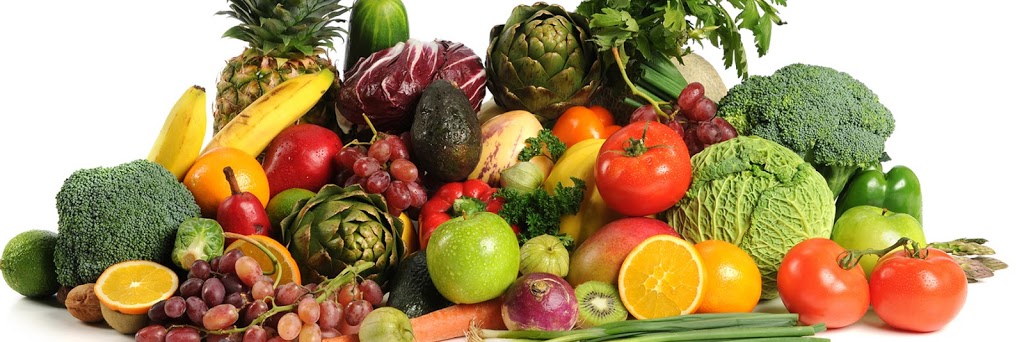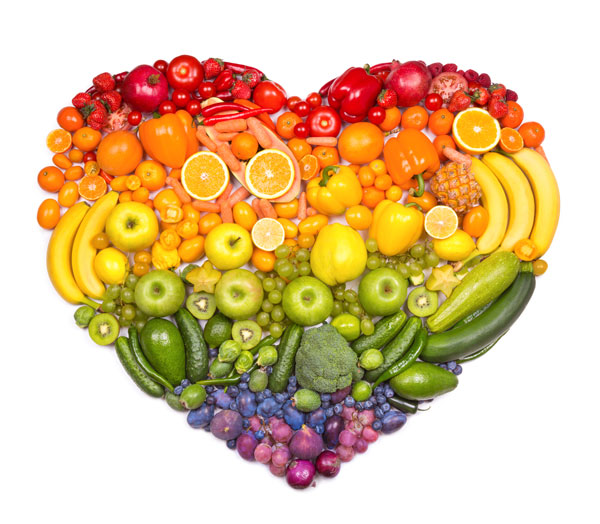A well-functioning immune system is essential to provide strong protection against pathogenic organisms and provide immunity to non-threatening organisms and food components.
In general, immune system cells can be divided into those of the innate and those of the adaptive immune response. The innate response is the first response to the invasive pathogen via protective barriers like skin, mucus, stomach acid, and enzymes in our sweat and tears. The adaptive immune response can precisely identify the pathogen and “remember” it. Cells and organs such as the spleen, thymus, bone marrow, and lymph nodes in our body regulate the adaptive immune response.
A newborn baby has an immature immune system. Some early interactions with antigens play an important role in preserving tolerance. A failure in the immune education system can lead to disease. At the other end of the lifecycle, older people undergo gradual deregulation of the immune system, leading to diminished immunity and increased vulnerability to infection. Other factors that can depress our immune system are obesity, inadequate sleep, malnutrition, chronic diseases, and stress.
Why does diet affect immune function?
Sufficient and appropriate nutrition is required for all cells to function optimally, including cells in the immune system. The “activated” immune system further raises the demand for energy during illness, for example, by increasing energy expenditure during fever. This demand can be fulfilled from exogenous sources (i.e., diet) or endogenous pools.
There are many and diverse uses for nutrients in the immune system. It is easy to understand that if an effective immune response is to be built, a sufficient and balanced supply of nutrients is necessary. Good nutrition provides an atmosphere in which the immune system can respond effectively to a challenge, irrespective of the nature of the challenge.
The gut is an essential site of an immune response. In deciding what kinds of microbes live in our bowels, the diet plays a significant role. Some useful microbes break down fibers in the bowel and have been shown to promote the function of immune cells. Since they feed bacteria, these fibers are also called prebiotics. A diet with probiotics and prebiotics foods can be beneficial. Probiotic foods contain live beneficial bacteria, and prebiotic foods contain fiber that feeds these bacteria and protects healthy colonies.
Yogurt, kefir, kombucha, sauerkraut, pickles, miso, tempeh, kimchi, sourdough bread, and some cheeses are the most popular fermented foods that contain probiotics.
Garlic, onions, leeks, asparagus, artichokes, dandelion greens, bananas, and seaweed are the most common prebiotics. For dietary prebiotics, however, a more general rule is to consume many fruits, vegetables, beans, and whole grains.
How individual micronutrients affect the immune system
Studies provide clear evidence that an effective immune response needs several nutrients. Deficiency in one or more nutrients impairs immune function and provides pathogens with a window of opportunity. Multiple nutrient deficiencies appear likely to have a more significant effect on immune function, and thus infection tolerance, than a single nutrient deficiency.
Vitamin A
The role of vitamin A and its metabolites in the immune system has been examined in many studies. The deficiency of vitamin A impairs the functioning of the barriers, alters immune responses, and increases vulnerability to infections. You can find vitamin A in egg yolks, oily fish, tofu, cheese, seeds, nuts, legumes, and whole grains.
Vitamin D
The role of vitamin D in the immune system and susceptibility of the host to infection are discussed in several reviews. Overall, existing evidence indicates that vitamin D is an immune function regulator. Its effects depend on the immune situation (e.g., health, infectious disease, and autoimmune disease). You can get this vitamin from products such as eggs, fish, and some milks.
Vitamin E
Vitamin E is the body’s main lipid-soluble antioxidant and serves to protect or even strengthen the immune response. In the elderly, vitamin E appears to be beneficial and can enhance vaccine responses at relatively high intakes. Vitamin E can be found in vegetable oils, green leafy vegetables, and nuts.
Zinc
Zinc is essential for the synthesis of DNA, for cell growth and differentiation, and for antioxidant protection, all of which are necessary for the role of immune cells.
Zinc deficiency:
- Has a pronounced effect on the bone marrow, which decreases the number of immune cell precursors.
- Has major effects on innate and acquired immunity.
Zinc deficiency correction decreases the risk of diarrhea and respiratory and skin infections. You can find this mineral in seafood, chicken, meat, dried beans, nuts.
Iron
Iron deficiency causes atrophy of the thymus and has different effects on immune function. Firstly, the excess of iron triggers immune system dysfunction. Secondly, iron is needed by micro-organisms, and providing it can facilitate the growth of the pathogen. The most significant source of iron is whole-grain foods, meat, chicken and fish, legumes.
Selenium
Selenium is a trace element that, in a variety of proteins, has important functional, structural, and enzymatic roles. Low selenium status is associated with an increased risk of various chronic diseases, including cancer and cardiovascular disease. It has been shown that selenium supplementation enhances different aspects of immune function, even in the elderly. Find it in meat, cereals, and mushrooms.
Why infection affects the status of nutrients
The relationship between diet, infection, and immunity is bidirectional. Infection, in the following ways, impairs nutritional status and body composition:
- The infection causes anorexia with decreased food consumption ranging from as little as 5 percent to an almost total appetite loss. Even if the host is not deficient before the infection, this may lead to nutritional deficiencies and render existing borderline deficiencies evident.
- Infection may cause malabsorption and loss of nutrients, especially infections that harm the intestinal wall or cause diarrhea or vomiting.
- Infection raises the amount of resting energy, putting a demand on the supply of nutrients, particularly when combined with anorexia, diarrhea, and other nutritional losses.
- The infection causes altered metabolism and processing of nutrients for macronutrients (e.g., amino acids) and micronutrients (e.g., vitamin A, zinc, and iron).
Is There an Immune-Boosting Diet?
You can protect your body from sniffles and coughing by eating healthy and immune-boosting foods of whole fruit, vegetables, lean proteins, whole grains, and plenty of water. If a healthy diet is not easily accessible, you can take several nutrients with a multivitamin.
Best Foods for the Immune System
Orange, Blueberry, Apple, Red Pepper, Spinach, Mushroom, Ginger, Garlic, Turmeric, Poultry, Wild Salmon, Green Tea, Greek Yogurt, and Honey.
Worst Foods for the Immune System
Sugary Snacks, Soda, Fried Foods, and Processed Foods.











